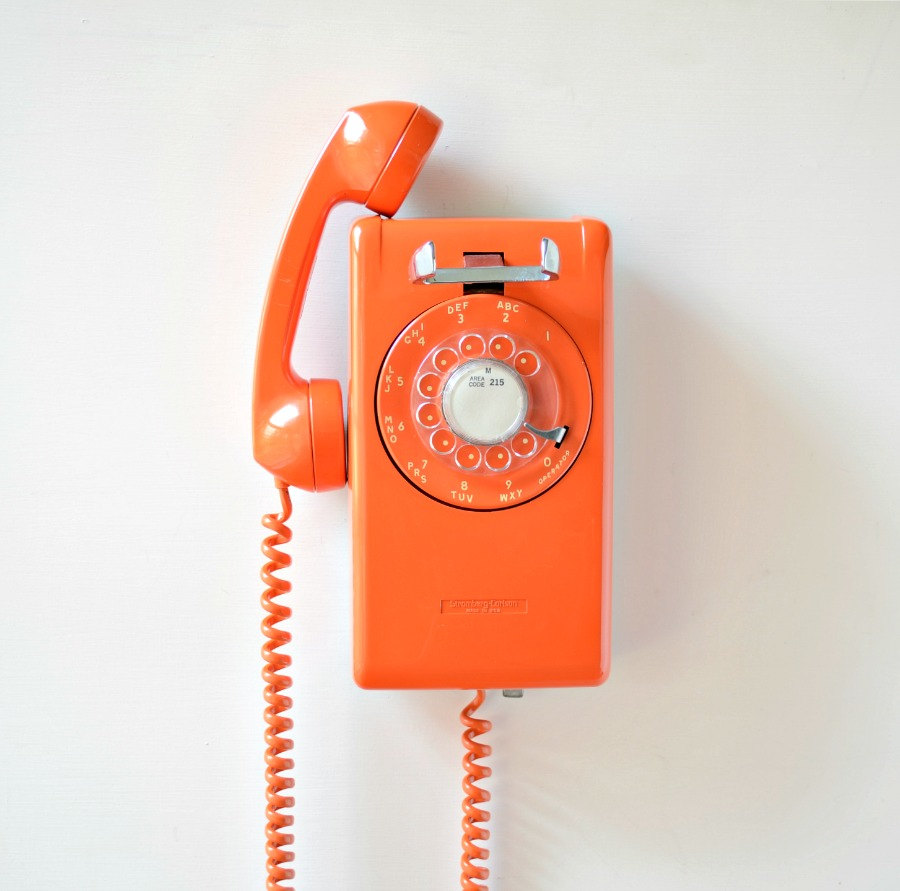Tfw the washing machine is gender fluid
You can use gender powder too
I use gender pods.
I hear that you can eat those.
I believe women sometimes use them to aid in the release of gender fluid.
I tried this it doesn’t work :(
Gotta use the dryer apparently
Why did my ex know this
We also don’t have 13 different words for I (glances at Japan)
It’s neuter in greek, even though “machine” is feminine, cause the greek word is like “washer” instead of “washing machine”. Although I think you have better things to ponder about when writing greek.
Namely, when the hell did I learn Greek?
We put it in your brain while you were sleeping last night.
Don’t worry, we’ll take it out later. We just needed someplace to store it for a bit.
Spanish enters the room: words have gender, but there are special cases where the definite article switches gender.
“El hacha roja/Las hachas rojas”, “El agua fría/Las aguas frías”
Also, some words may have both genders:
“El computador/La computadora”
Due to the increased acceptance of non-conforming identities, it’s become more prevalent to either ask for pronouns, tell them to a person you meet, or have them somewhere visible in things like gameshows.
That’s quite as silly to me as this whole “what gender is this washing machine” nonsense is to English-speaking people.
Here in Finland, we don’t have gendered language. Even with third person pronouns, we usually default to “it” instead of “him/her/they”. Except for pets. They always get the proper pronoun “hän”. It’s just respectful.
So yeah, just like the English wonder why they have to learn different words for something needlessly gendered in France, I too, as a Finn, wonder why I have to learn different words for something needlessly gendered in English.
Changing genders, when not speaking about a gender, is antiquated and should be removed from language rules.
In Thai men use different words than women. Men use Krub, women use Ka/kha, to end a sentence.
In Russia the wife has a different last name than the husband. Like, Igor Sechin, Yulia Sechina.In Russia the wife has a different last name than the husband. Like, Igor Sechin, Yulia Sechina.
Also when the subject of a sentence is female, the verb sometimes has a female form.
For example
He went/Он шол
She went/Она шлаThe Russian thing is the same in Czech, it’s actually set in law iirc. Also for some random reason when people talk in past tense you’re able to tell the gender of the speaker
Die Waschmaschine die
So it’s a girl?
Die Maschine. So yes all machines are girls /s
Actor…actress
Ships are female
Well the actor/ess thing refers to the actual genders of the people involved, not some randomly assigned gender to an inanimate object. The ship thing fair enough, but we don’t have different articles just for ships.
Sure there are a few more. Policeman, mailman, meter maid, milkman, butler, mistress… Nothing compared to the horrorshow that is German.
I don’t know about French, but in Spanish is feminine.
crying in German
Disclaimer: this is terrible advice if you are trying to actually learn the proper grammar, don’t follow it.
That being said, you can get by in everyday situations perfectly fine using “De” for anything, especially if you have a foreign accent people will forgive you.
De junge, de Mädchen, de Baby, de Tisch, de Stuhl, de Feuerzeuggas-Nachfüllkartusche. People will understand.
That’s so true. Or just guess. Like, for real, no one cares. Besides your Goethe Institute examiner. Das Tisch, die Mädchen, der Banane. Doesn’t matter. My father has awful, awful German, despite living here for 35ish years, and his whole job is communicating with people and he made a huge career despite having no clue of grammar and buying sweet red Erdbeben in the supermarket.
I also adore foreigners from different countries speaking in completely broken German to one another and somehow being able to figure out what the other one was saying and having a blast. Admittedly, with the rise of English, this has become much rarer. But it just shows you that language is so much more than just grammar and vocabulary.
I love me some sweet red earthquakes
Is it female?
Yes.
It depend.
“Machine à laver” (washing machine) = female
“Lave linge” (laundry washer) = male
It’s a she, because that’s a woman job. Same goes for dish washer !
Also, there are a few words that even french (most of them) would have the gender wrong…
Sorry to disappoint, a dish washer is “un lave-vaisselle”, which is masculine. A car however is “une voiture”, maybe there’s a joke in there about how manly men love their car more than their gf.
I’m so confused. As a northerner from England with an IQ equal to the ply of toilet paper I use, does every object in French have a feminine or masculine alignment? Or is this some kind of joke privvy to those who don’t have a concerning interest in sheep?
A lot of languages including Germanic and Romance languages have “gendered” nouns, which is a weird term for “these are some arbitrary categories we put nouns into”. While that idea of noun classes is often called “gender” and they are also named “gender-y” things like masculine and feminine, the idea doesn’t have a lot to do with gender as in identity.
Compare English irregular verbs - how come you don’t say “swimmed”? You “just don’t”, that particular verb is in a different class. Same thing applies to nouns in certain languages, and affects (among other things) how they’re conjugated.
Gender in the grammatical sense just means category, from French genre, Latin genus.
Yes, every noun in French has a gender
Yep. Most Latin languages have gendered nouns. Italian, Spanish, German etc. All have masculine/feminine objects.
Eg. In Italian a fork is feminine (la forchetta) but a spoon is masculine (il cucchiaio). A table in your living room is a boy (il tavolo) but a table that you’re eating lunch on is a girl (la tavola).
It’s bizarre.
German isn’t a Latin language, it’s in the Germanic branch, along with English, Dutch and others. French, Italian and Spanish are Romance or Latin languages.
True! It’s not just a Latin thing and Slavic languages have it too. I wonder where it came from originally. Probably one of those Proto Indo European things. Though it’s in some Indigenous Australian languages too (though not all) so might be even older?
I think grammatical gender is just a feature of languages across many different families.
I’m learning French and I rationalize voiture as feminine because it carries people, just like pregnant women carry people lol
whatever works for you, but what will you comme up with for “un avion” ? :)
Planes are phallic in shape
Un lave linge, une machine à laver le linge, un lave vaisselle, une machine à laver la vaisselle. It actually all depend on they way you phrase it. Agreed though. It was mostly for the joke.
I never heard anybody say la machine à laver la vaisselle, it sounds way too verbose, everyone says le lave vaisselle
Because “people” (my french self included) would just say (most of the time) “la machine à laver” (or even shorter : la machine) and out of context, you’d figure out which of the 2 is actually talked about.
Also, as “machine à laver” litterally translate to “washing machine”, it didn’t even occure to me that it had to be understood as laundry machine, hence why I initially said it was a “she”.
The only way to know for sure is to ask the washing machine how it identifies
oh, that’s so easy! It’s both, depending how you translate it: une machine à laver or un lave-linge.
intentionally misreading as wholesome - the idea is to subvert the concept of gender.
“You’ll never be a real woman!”
“Neither will the chair I’m sitting in but you keep calling it ‘her’ so maybe stfu.”



















